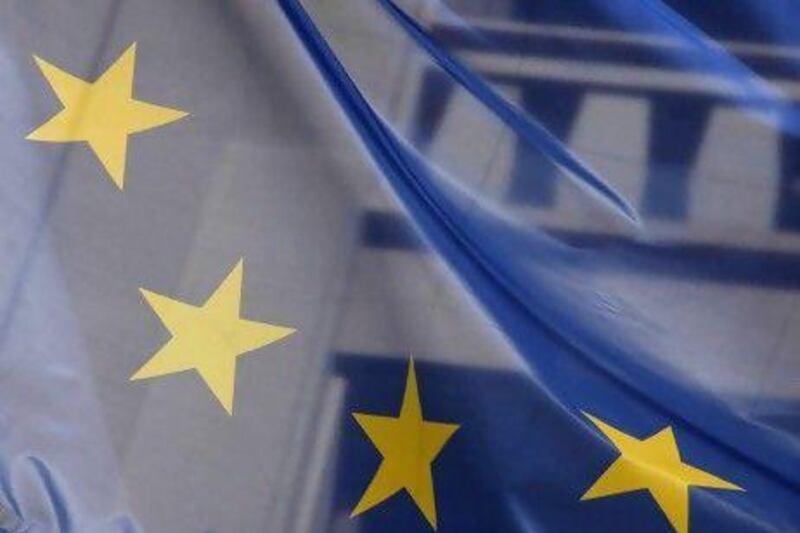It was Margaret Thatcher, the former British prime minister, who famously said that "you can't buck the markets".
Euro: Talking points
The next talks of European leaders
Continental Europe's leading politicians at least managed to calm them yesterday as rumour and intrigue swirled in Washington at the tail end of the annual meeting of the IMF.
Will there be a strengthening of the European Financial Stability Facility Fund (EFSF) for bailouts? Will the European Central Bank increase its bond-buying programme? And will holders of Greek debt be forced to accept a 50 per cent haircut?
To stabilise the situation and prevent a repeat of the 2008 credit crunch, Domenico Lombardi, a senior international finance diplomat, told Reuters that European leaders needed to unveil a bailout package of "shock and awe" proportions to cover both sovereign and bank debt.
Only a huge announcement would convince financial markets that European leaders would prop up markets, prevent solvent banks from collapsing and prevent contagion.
But just the thought that European officials were discussing ways to strengthen their €440 billion (Dh2.18 trillion) EFSF, possibly leveraging it to the tune of €1tn to €2tn, helped.
European shares rose yesterday, with bank stocks up by 4 per cent, and the euro strengthened against a basket of currencies, dismissing a gloomy German report that said the business mood was souring.
Bankers at the meetings welcomed these discussions to ring-fence the financial system from a disorderly Greek default. Mr Lombardi, a former IMF official now at the Brookings Institution, said it certainly was needed.
"I believe the strategy that European policymakers are trying to implement is to buy a little extra time, a few more weeks or maybe a couple of months, in order to get the enhanced EFSF in place so that the European rescue fund with added operational capability … could recapitalise the European financial institutions," he said.
But this could be the calm before the storm. Bankers are hoping Europe's banking system is strong enough to withstand the shock of a Greek default. "The direct financial exposure in the European banking system is extremely manageable. What's the indirect impact? You're going to have one massive demand shock," said Vikram Pandit, Citigroup's chief executive.
The biggest fear is that Greece defaulting on its €340bn in government debt would trigger widespread selling of euro-zone debt, causing a much broader financial crisis.
Andreas Schmitz, the president of the Germany's BdB banking association, said an isolated Greek insolvency would be manageable, even though its government would have to take write-downs larger than the current 21 per cent it has made provisions for.
"But if a wave of bankruptcies sweeps through Europe, the situation looks different; many banks would get into trouble - and not just in Europe," he told Reuters.
Bankers said they could face losses of 60 to 80 per cent on a Greek default. Faced with that, they said they would be willing to renegotiate a "better deal" than the 21 per cent loss they have agreed to absorb as part of a July Greek bond swap deal, if it lowers the risk of Greek insolvency.
It is the risk of contagion that the IMF fears. European banks are facing increasing difficulty in tapping short-term funding markets, while bank credit default swap spreads in the euro zone have doubled to about 300 basis points, and European bank stocks have plunged nearly 30 per cent since early last month.
* with Reuters





